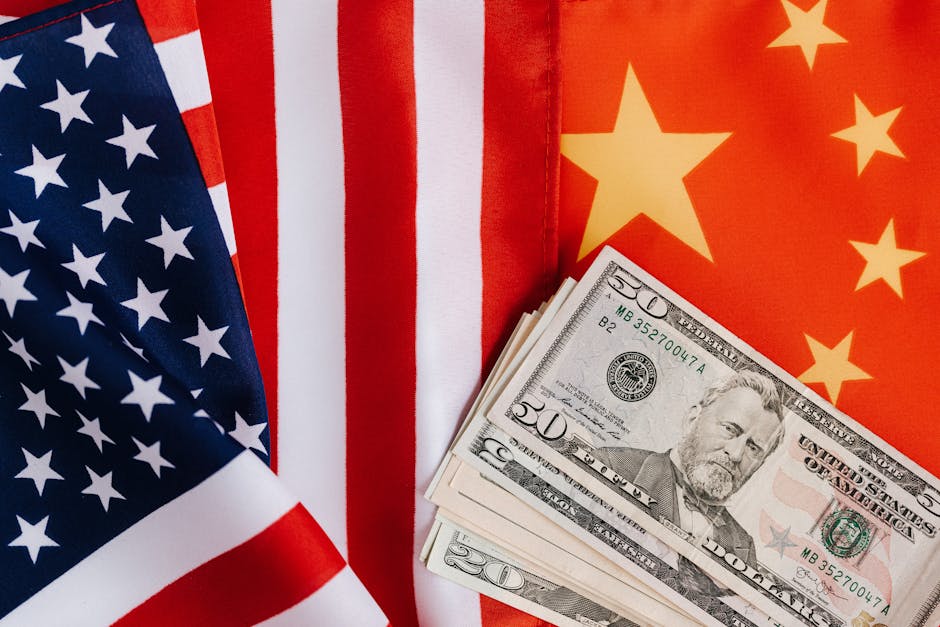Why China Is (Still) Not Interested in a ‘G2’
The concept of a “G2″—a U.S.-China partnership to lead global governance—has been debated for years. Despite occasional U.S. overtures, China remains firmly opposed. Amid rising tensions over trade, technology, and regional security, Beijing’s stance hasn’t wavered. Here’s why.
1. China Prefers a Multipolar World, Not a U.S.-Dominant Duopoly
China’s foreign policy rejects the idea of a U.S.-led unipolar system. Instead, Beijing advocates for a multipolar world where power is shared among nations, not concentrated in a Sino-American alliance.
President Xi Jinping often emphasizes “win-win cooperation” and “democratization of international relations,” signaling China’s preference for platforms like:
– The United Nations
– The Shanghai Cooperation Organization (SCO)
– The G20
A G2 would contradict China’s push for inclusive global governance, where the Global South and BRICS nations have more influence.
2. Protecting Sovereignty and Strategic Independence
China’s history of foreign interference—especially during its “Century of Humiliation”—makes it wary of any deal that could limit its autonomy.
A G2 might demand concessions on:
– Taiwan (a core national interest)
– South China Sea disputes
– Human rights policies
Beijing also sees itself as a civilizational state with a unique governance model. Aligning too closely with the U.S. could weaken its ideological stance as an alternative to Western democracy.
3. Decoupling and China’s Tech Independence Drive
The U.S.-China rivalry has shifted from trade wars to full-spectrum competition in AI, semiconductors, and infrastructure.
With Washington imposing:
– Sanctions on Huawei
– CHIPS Act restrictions
– Export controls on advanced tech
…Beijing has little reason to join a G2 that could slow its Made in China 2025 goals. Instead, China is boosting self-reliance and expanding influence via the Belt and Road Initiative (BRI).
4. The Deepening U.S.-China Trust Deficit
Distrust is at an all-time high. Recent incidents—like the spy balloon saga and military tensions near Taiwan—reinforce mutual suspicion.
China sees U.S. policy as “strategic containment,” while Washington frames China as a “systemic rival.” Given past examples like the Plaza Accord (which limited Japan’s rise), Beijing fears a G2 could be a trap to curb its growth.
5. China’s Leadership in the Global South
Beijing positions itself as a champion of developing nations, offering:
– Infrastructure investments (via BRI)
– Non-Western financing alternatives
– Anti-imperialist rhetoric
Embracing a G2 could alienate allies in Africa, Latin America, and Southeast Asia who see China as a counterbalance to the West. Instead, Beijing strengthens ties through UN diplomacy and mediation (e.g., Saudi-Iran peace deal).
Conclusion: A G2 Won’t Happen Soon
For China, a G2 is a lose-lose proposition. Unless the U.S. shifts from containment to genuine power-sharing, Beijing will keep rejecting the idea.
China’s strategy? Build a multipolar world where it leads through economic strength, tech innovation, and Global South alliances—without bending to U.S. demands.




